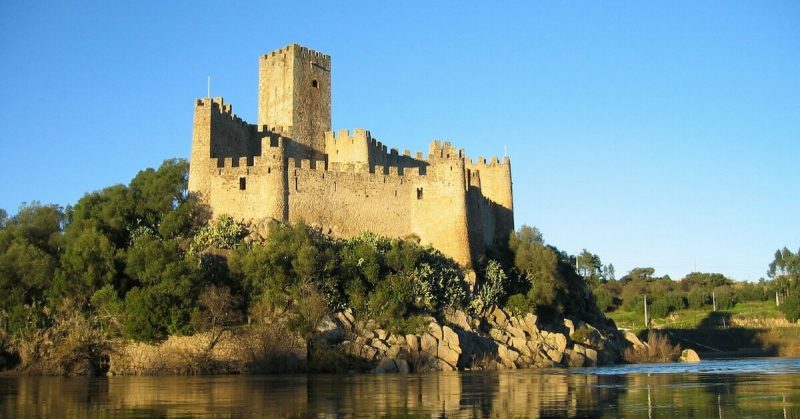Few military orders throughout history have maintained the same air of secrecy and mystique as the Knights Templar. From their humble origins in the Middle East to their sudden fall in Paris centuries later, their story has captivated generations and inspired books, films, and video games.
Perhaps more tantalizing, however, are the many conflicting theories their legacy has inspired since they vanished from the pages of history.
They were formed in 1120 when it became apparent pilgrims were in danger from marauding bandits and highwaymen on the road to Jerusalem. The founders made it their mission to protect Christians journeying to their holy sites.
They called themselves the Poor Fellow-Soldiers of Christ and the Temple of Solomon. Much of their identity in the early years was defined by their poverty – reflected by their emblem of two men riding one horse – but that did not last for very long.
Ironically, this small and impoverished Order eventually became one of the wealthiest and most powerful political factions in Medieval Europe. Generous benefactors, the backing of the Church and a great deal of shrewd financial investment allowed the Templars to rise to prominence and influence across the continent.
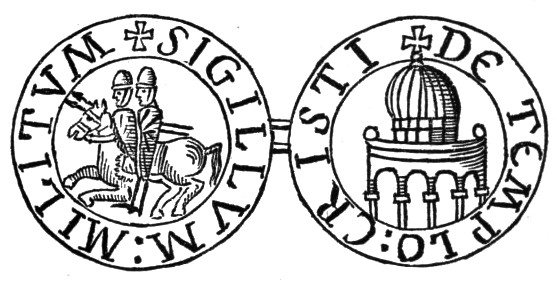
However, King Philip IV of France developed a personal vendetta against the Order and decided to take action against them. In the 1300’s the Monarch successfully cracked down on the Templars, accusing them of heresy and had key figures in the group executed. Officially, their story ended there, with the Order disbanded and the remaining members scattered to the wind.
However, that may not be the case.
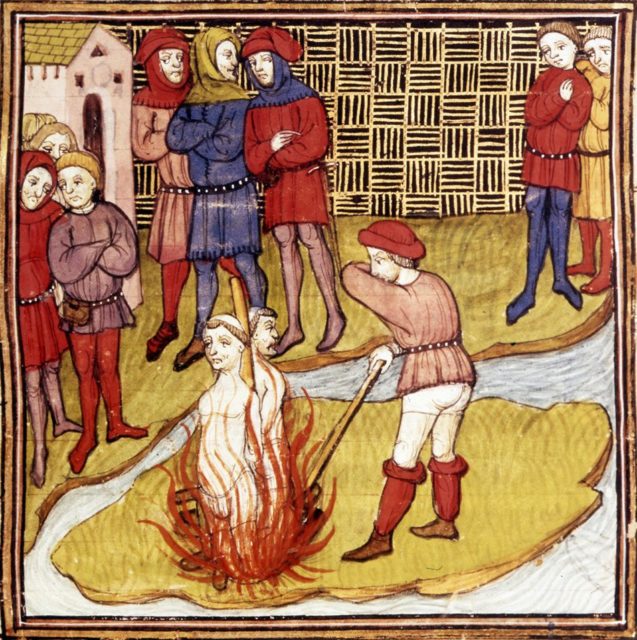
There are theories – some more convincing than others – as to the various forms in which the Knights Templar may have continued, and where their influence was strongest years after their apparent downfall in France.
Contemporary accounts gave rise to the theory that a fleet of eighteen ships belonging to the Templars and moored at La Rochelle was used for a daring escape. Certainly, the Order had numerous vessels and many members who were never apprehended by the French authorities. Their fate is still a subject of debate to this day. Jean de Châlon, a brother of the Order, testified that eighteen galleys had set sail under the command of Templar officers, laden with a “whole treasury.”
Subsequently, some historians have cast doubt on the reliability of that testimony. There is no doubt many Templar Knights were able to inexplicably evade capture and flee abroad, some heading north across the sea to Scotland. That theory is in keeping with both the Scottish connection and another even stranger hypothesis.
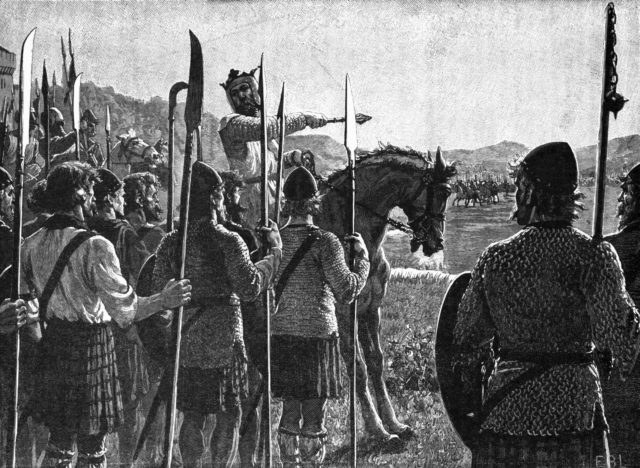
It is widely accepted that some of the Templars fled to Scotland. The Order had holdings in both England and Scotland. However, the former had avoided intervening when King Philip IV was decimating the Templars. They had even participated in some of the arrests themselves. There is evidence of Templar Knights relocating to Scotland with carved symbols in Rosslyn Chapel, Edinburgh, and accounts from the Battle of Bannockburn to back up this narrative.
There are claims the Templars hid their treasure there, possibly in the vaults beneath Rosslyn Chapel. The exact nature of what the Order secreted in Scotland is not clear – it is speculated to be the Holy Grail or the mummified body of Christ. However, many of the conspiracy theories were developed during the 1980’s and are unfounded.
Although it is almost certain members of the Order did escape to Scotland, what they did upon their arrival there is still something of a mystery.
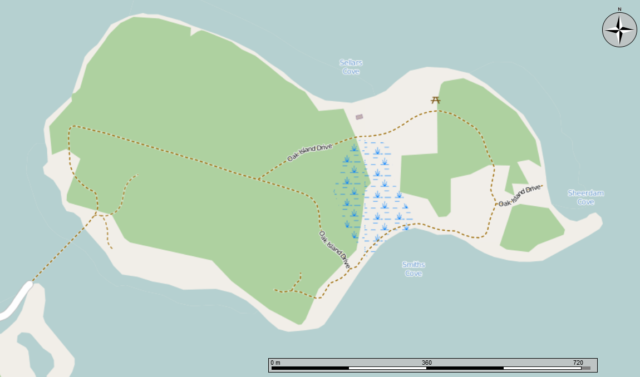
Another theory suggests the Templars traveled across the Atlantic, towards uncharted territories. Again, this version of events features their treasure, which proponents believe may still be buried on Oak Island in Canada. However, there is little credible evidence to back this up, and it is perhaps less convincing than their relocation to Scotland.
While these possibilities are debated and remain uncertain, a few things are known for sure about the aftermath of the Templars’ sudden downfall.
For example, it is a matter of historical fact that many members were assimilated into the Hospitaller Order or sent to join The Knights of St John. These factions were meant to receive the majority of the Templar wealth and business assets – a great deal of which was never found.
Along with 15,000 Templar Houses and a large fleet of ships, there were extensive records of all business transactions and financial holdings. Officially it should all have been passed to other Crusader orders, but it is unclear what became of any of it. Along with the highly secretive style in which the Templars conducted much of their work in later years, these unanswered questions leave plenty of room for speculation.
The Knights Templar still hold a mysterious and enigmatic place in history and modern culture. It has been maintained over the years by Dan Brown’s The Da Vinci Code and the hugely successful Assassin’s Creed video games. Perhaps what has allowed their legacy to grip so many for so long is the sheer amount of conjecture surrounding them that remains.
From unexplained carvings in a Scottish church to buried treasure on a distant Canadian island, it is the answers we still do not have that make the secrets of the Templars so compelling.
